Discover how AI and automation are transforming the SEO landscape. This article delves into best practices and effective prompting techniques that can elevate your digital marketing strategy, ensuring your content stands out in the competitive online space.
The Role of AI in Modern SEO
Automation is a game-changer in streamlining SEO processes, allowing marketers to focus on strategic initiatives while handling repetitive tasks. Automated reporting tools provide insights into website performance through real-time analytics, enabling teams to make informed decisions swiftly. Furthermore, automated keyword tracking systems analyze rank fluctuations and competitor positioning, offering actionable data that saves time and effort.
Content optimization platforms utilize advanced algorithms to refine and enhance website content for both search engines and users. By integrating automation into daily tasks, marketers can ensure they maintain content quality and relevance, with workflows that highlight best practices like setting consistent review schedules and utilizing AI-powered suggestions for optimal keyword usage. Adopting these techniques fosters a more efficient and productive SEO environment.
Automation Techniques for Effective SEO Strategies
Automation has emerged as a game-changer in refining SEO strategies, enabling marketers to optimize processes while conserving valuable time. Automated reporting tools collect and analyze data seamlessly, providing insights into performance metrics like traffic, rankings, and user behavior without manual intervention. Similarly, keyword tracking systems automate the monitoring of keywords, ensuring that marketers stay on top of ranking changes and search trends in real time, facilitating timely adjustments. Content optimization platforms further bolster efficiency by leveraging algorithms to suggest improvements based on data analytics.
To integrate these automation techniques effectively, marketers should establish clear workflows, prioritize accurate setup, and maintain regular audits to ensure content quality remains uncompromised. Automation is a tool, not a replacement for strategic thinking, making it essential to balance productivity gains with a focus on maintaining relevance and engagement in content strategy.
Crafting Effective Prompts for AI Tools
Crafting effective prompts for AI tools is crucial for maximizing the potential of AI in SEO. Clear and specific instructions lead to desired outcomes, ensuring that the AI comprehends the intended task. For instance, instead of asking, “Generate SEO content,” a well-structured prompt would be, “Create a 500-word blog post on the benefits of renewable energy, targeting the keyword ‘sustainable energy solutions’.” This specificity guides the AI toward more relevant and focused content.
To enhance AI performance, consider incorporating examples, contextual information, and desired tones in prompts. Additionally, refining prompts through iterative feedback helps improve outcomes. By crafting precise instructions, marketers can leverage AI tools not just for content creation, but for optimization, ultimately driving better SEO results and aligning with broader automation strategies.
Conclusions
In conclusion, embracing AI and automation in SEO not only simplifies processes but also unlocks new opportunities for content optimization. By mastering effective prompting techniques, marketers can stay ahead of the competition and ensure their strategies remain relevant in an ever-evolving digital landscape.










